JAC Yiwei EV rolled off the production line in China, being the world’s first mass-produced electric vehicle equipped with a sodium-ion battery. The deliveries will begin in January 2024, JAC announced.
The Yiwei EV hatchback will have a cylindrical sodium-ion pack from Beijing-based HiNa Battery and adopt JAC’s UE (Unitized Encapsulation) module technology. UE is also known as a honeycomb design because of its appearance. It is another battery structure concept like CATL’s CTP (cell-to-pack) or BYD’s Blade battery.
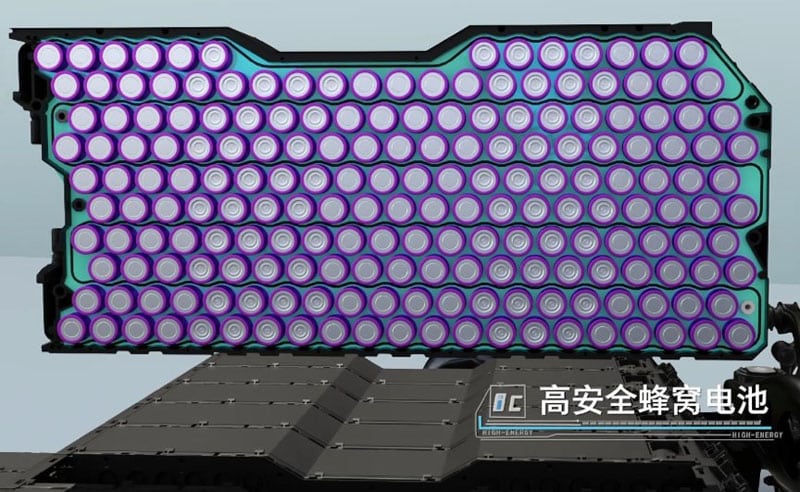
Yiwei is a new EV brand under Anhui Jianghuai Automobile (JAC), established in 2023. JAC’s parent company, Anhui Jianghuai Automobile Group Holdings (JAG), is 50% state-owned, and 50% belongs to Volkswagen Group. The German automotive giant acquired its stake in 2020 in an unprecedented move to invest in China’s state-owned car maker.
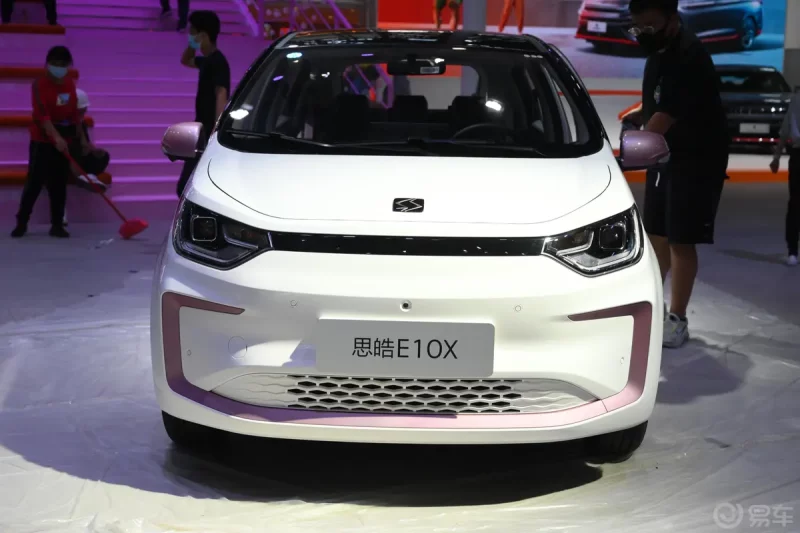
It sparked many controversies, and VW’s JV partners in China, SAIC, and FAW, declined to comment on the move. In July 2023, Volkswagen invested 700 million USD into another Chinese EV maker, Xpeng, and received a nearly 5% stake in exchange and access to its E/E Edward platform.
Hefei-based JAC is also a former contract manufacturer of Nio cars.
In February 2023, JAC announced they were the first automaker to put the lithium-free sodium-ion battery on an electric vehicle. That EV was a Sehol E10X hatchback, and the Na+ battery had the following specifications:
- 25 kWh capacity
- 120 Wh/kg energy density (single cell 140 Wh/kg)
- 3C to 4C charging (10% – 80% in 20 minutes)
- 252 km range for E10X
- HiNa NaCR32140 cell
Sehol was a brand under Volkswagen Anhui JV, which VW transferred to JAC in 2021. When the Yiwei brand was launched in May 2023, JAC announced that it would ditch the Sehol brand, and all vehicles are being rebadged to JAC or Yiwei.
The pictures JAC released today tell us that the new sodium-ion-powered EV is the Sehol E10X. JAC hasn’t yet confirmed the name of the new car under the Yiwei brand; it could be Yiwei E10X, but we have to wait for JAC’s confirmation.
JAC recently pushed a lot into sodium-ion batteries R&D. During the Shanghai Auto Show in April 2023, the company showcased its first car under the Yiwei brand called Yiwei 3, which was equipped with a sodium-ion battery. However, the EV launched later in June, only with a classic LFP lithium battery, and promised the Na+ variant would come later.
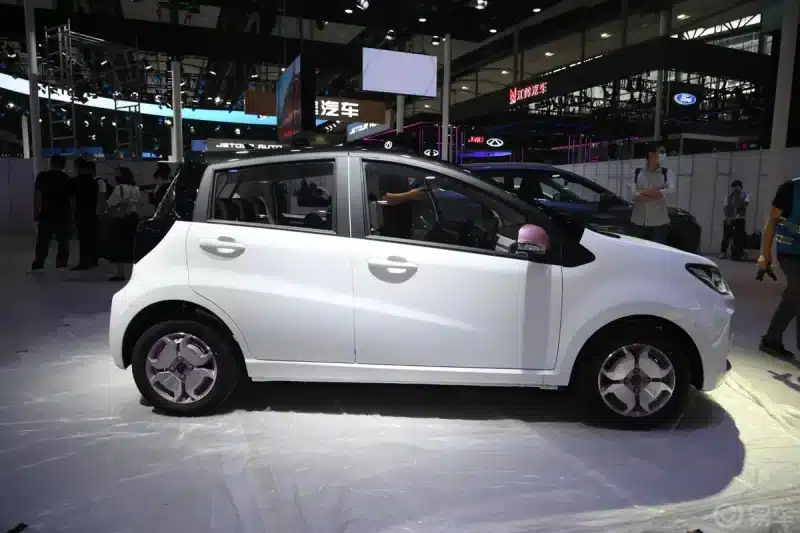
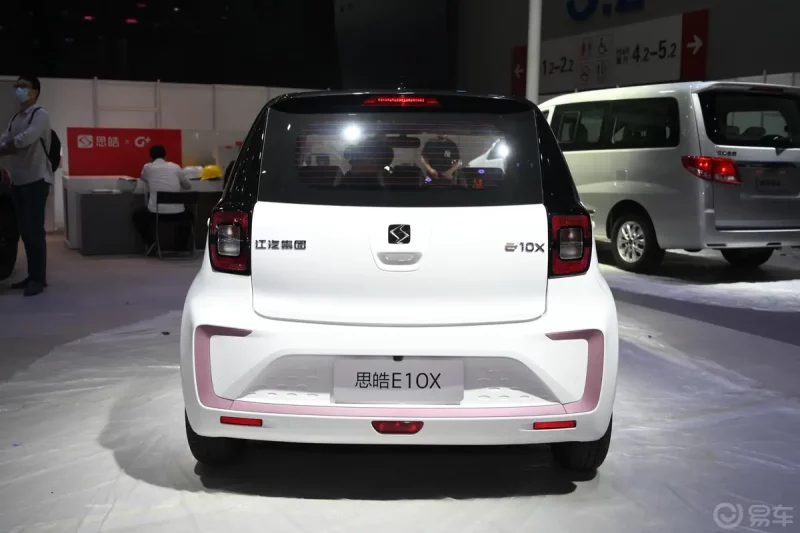
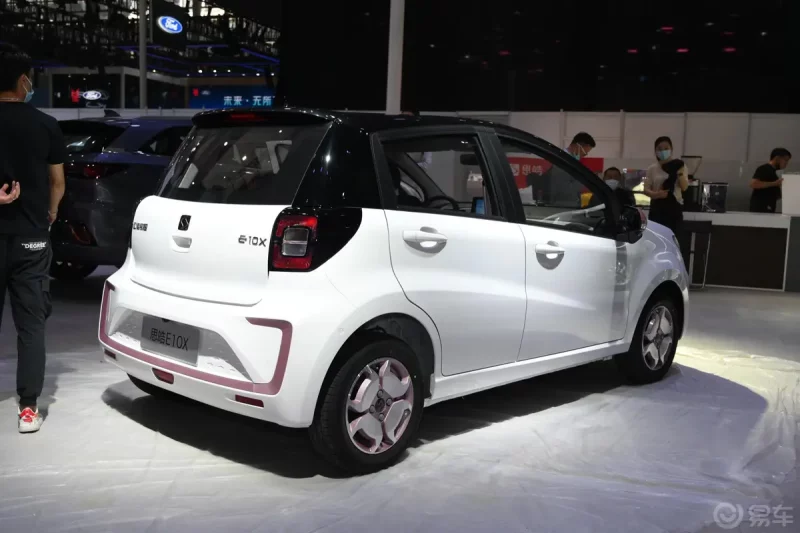
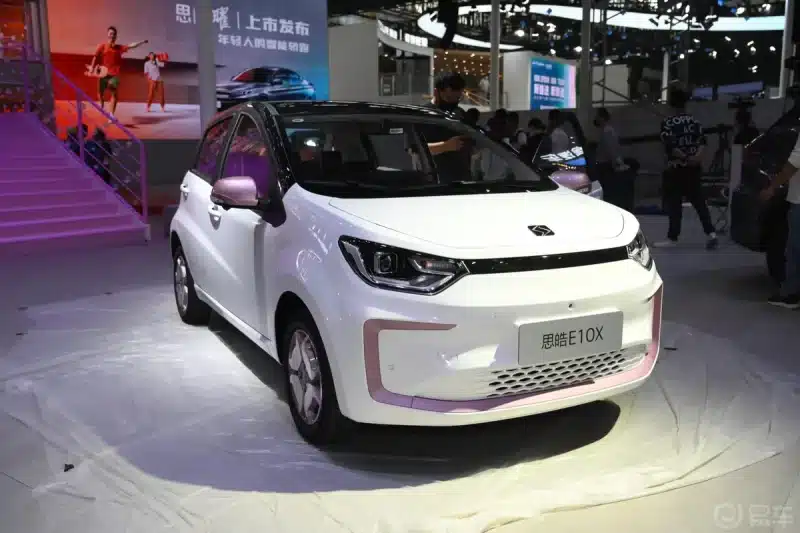
The Yiwei 3 is a compact hatchback that competes with Wuling Bingo, BYD Seagull, or ORA Funky Cat. It has two power train options, both front-wheel drive: 70 kW and 100 kW motor. The maximum cruising range is 505 km CLTC with a 51.5 kWh battery.
Xia Shunli, chairman of Yiwei, said: “Sodium-ion batteries will become an important battery type, complementary to LFP batteries, and a low-cost solution that promotes the popularization of mass electric vehicles to masses.”
Editor’s comment
Sodium-ion batteries are expected to play an essential role in the battery mix in the future. Their best-case use is stationary energy storage, two-wheelers, and entry-level EVs. They are cheaper than LFP, don’t need lithium, and perform better in winter conditions. On the other hand, they have lower energy density. In China, many automakers are pushing into sodium-ion development; BYD recently announced a 30 GWh sodium battery plant in Xuzhou in a joint venture with tricycle giant Huaihai Group. The total investment reaches 10 billion yuan (1.4 billion USD). Another player is CATL, which has already shown us some prototypes but hasn’t announced the mass production plans yet. We will keep an eye on it.

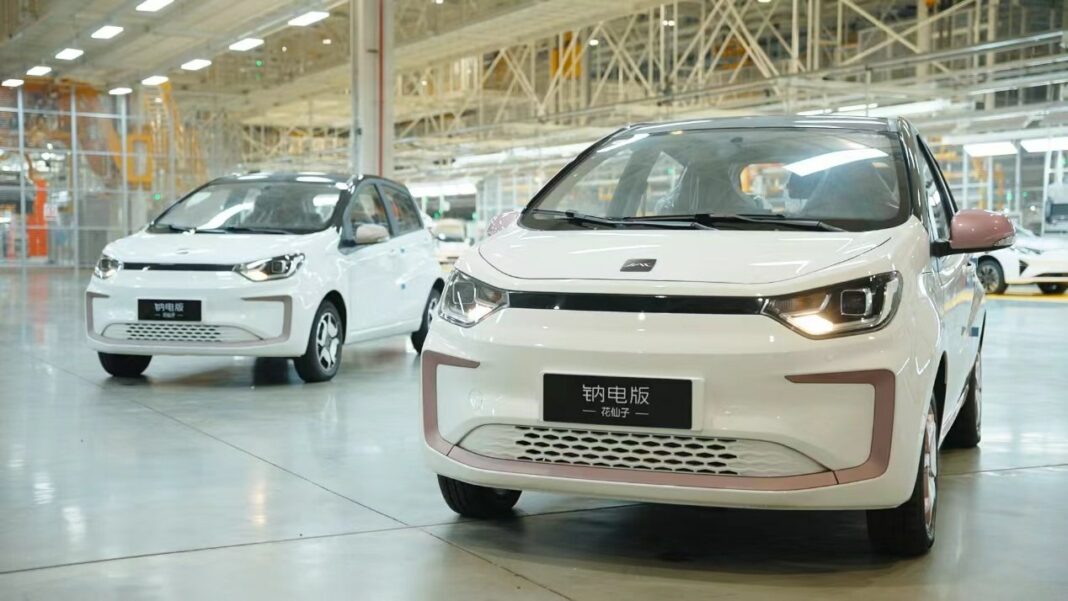
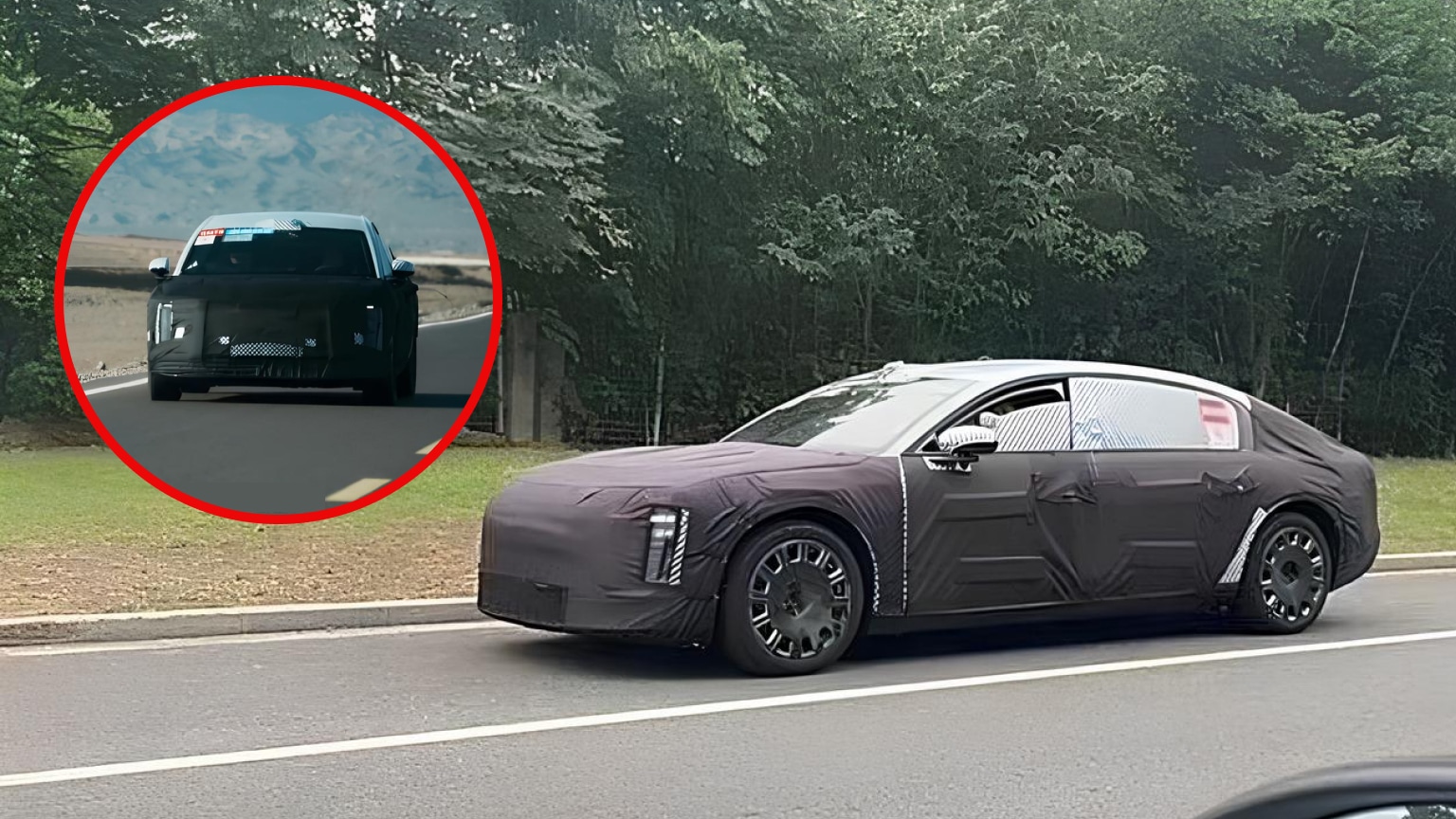
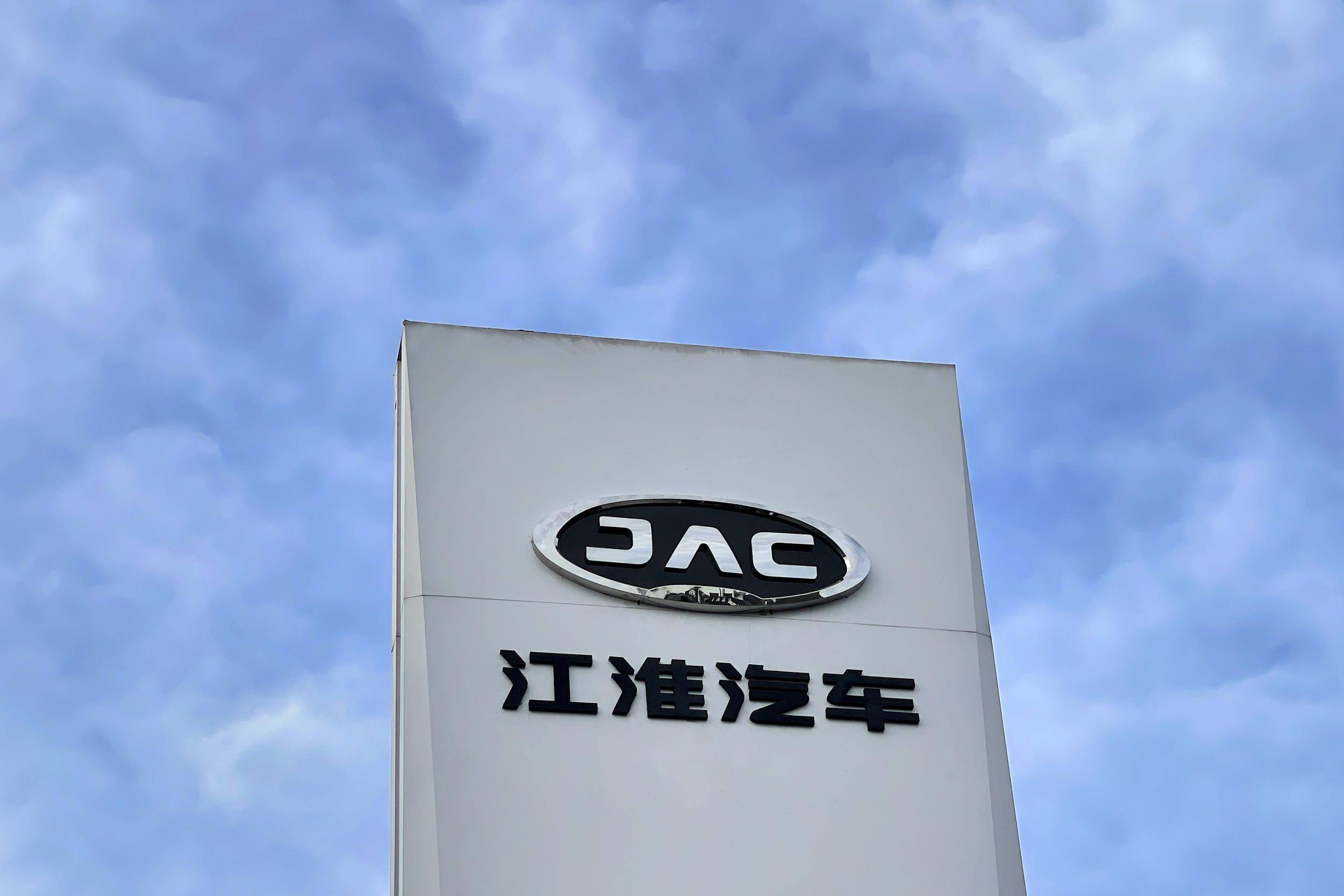
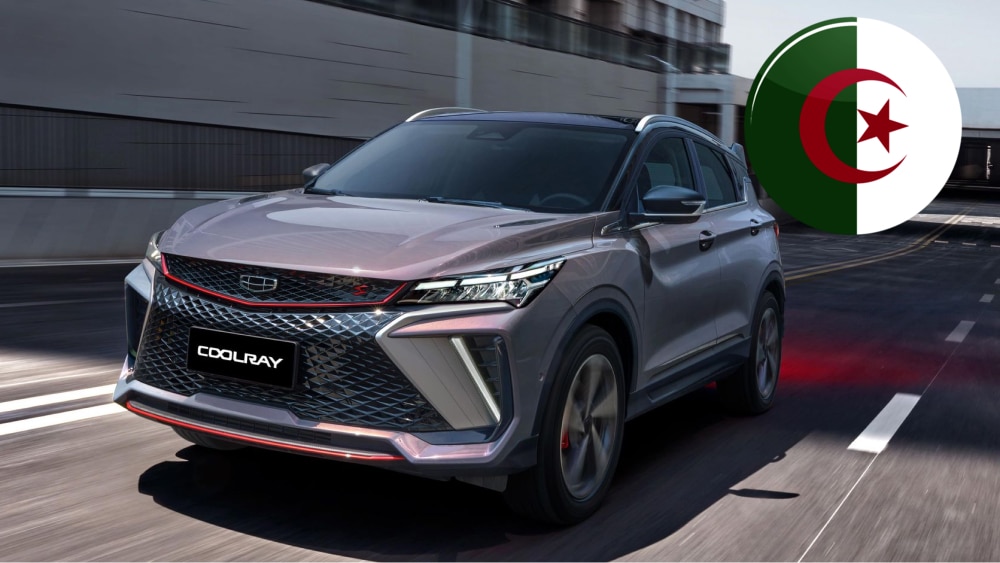
0 star in LATAM NCAP crash test
Never mind the car.
The fact that Na+ batteries (Sodium = Natrium) has reached the large production scale for cars, is the main thing. Although for small cars and yet limited range due to the Na+ energy density so far – it has become a reality. The batteries have some major advantages -: cost, lifespan, and the ability to withstand freezing cold and hot temperatures – without influence.
Today it has started – and future development and energy effiency/weight will be developed for sure.
“Anhui Jianghuai Automobile Group Holdings (JAG), is 50% state-owned, and 50% belongs to Volkswagen Group.”
Didn’t VW raise its stake in this JV to 75% in 2020?
Very interesting news no EV cars from China.
Thanks a Lot.